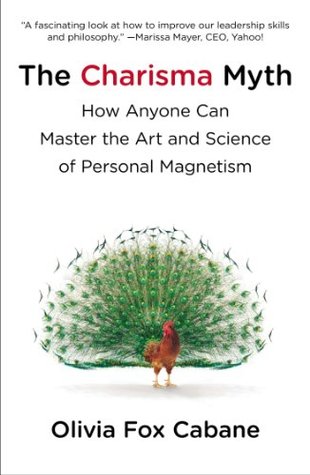More on this book
Community
Kindle Notes & Highlights
In medicine, the mind’s powerfully positive effect on the body is known as the placebo effect. A placebo is a simulated medical procedure: patients given “pretend” pills are told they’re receiving real ones; or people are told they’ve received a medical intervention when in fact nothing has been done. In a surprising number of cases, patients given these inert treatments still experience a real improvement in their medical condition.
Skillfully handling any difficult experience is a three-step process: destigmatize discomfort, neutralize negativity, and rewrite reality.
You see, shame is the real killer. Of all the emotions that human beings can feel, it is one of the most toxic to health and happiness. Shame researcher Brené Brown defines it as “the fear of being unlovable: Shame is the intensely painful feeling or experience of believing that we are flawed and therefore unworthy of love and belonging.
One of the main reasons we’re so affected by our negative thoughts is that we think our mind has an accurate grasp on reality, and that its conclusions are generally valid. This, however, is a fallacy. Our mind’s view of reality can be, and often is, completely distorted.
Most of the time, the elements we’re missing don’t matter, and the picture we get is fairly close to reality. But sometimes our mind will present us with a seriously distorted view of reality. And the distortion often skews negative because the elements that our danger-focused brain deems important are usually the most negative ones. This tendency is called the negativity bias,
Deciding to change your belief about what happened (technically called cognitive reappraisal) effectively decreases the brain’s stress levels.
One charismatic entrepreneur told me: “I decide to interpret everything favorably toward myself. It’s not just that I’m optimistic, I’m actually conveniently deluded.
Of course, the most useful alternate reality is not necessarily the most pleasant. When my publishers gave me a year to write the book you’re now holding, I wanted to progress as efficiently as possible, avoiding the procrastination pitfalls that ensnare so many first-time authors. One author friend reminded me of a maxim called Parkinson’s Law: “Work expands so as to fill the time available for its completion.” He challenged me: “Rather than letting the writing process fill the entire year, try to write the entire book in one month. At the end of a month, what you have will certainly not be a
...more
For minor events, simply imagining an alternative explanation is often enough to reduce anger or impatience and generate compassion instead.
“Resentment is like drinking poison and waiting for the other person to die.”
Focusing on the minute sensations of your physical discomfort serves a dual purpose: it gives your mind something concrete to focus on other than its growing conviction that this situation is unbearable. It also has the advantage of bringing you instantly into full presence, a key component of charisma. In fact, this technique, called delving into sensations, can help you access charismatic presence even during highly uncomfortable situations.
One way to invoke a sense of gratitude is to focus on little things that are physically present. During a recent lunch meeting at a restaurant, for instance, I focused on little delights: the sun streaming through the window; blue skies; that the waiter got my order right; or the existence, availability, and wonders of ketchup.
Another good gratitude-enhancing tool is to view your life through a third-person lens, writing a narrative about yourself cast in a positive light.
Your willingness to focus on others’ well-being is all you need to positively change your body language. This will be enough to give people the feeling that you really care about them, and is one of the core components of charisma.
self-compassion is feeling that what happened to you is unfortunate, whereas self-pity is feeling that what happened to you is unfair. In this way, self-pity can lead to resentment or bitterness, and to feeling more isolated and alienated. In contrast, self-compassion often leads to increased feelings of connectedness.
Metta is a millennia-old Buddhist compassion and self-compassion practice that roughly translates as “loving kindness.” Simply put, Metta is the conscious practice of developing kind intentions toward all beings. When the brains of dedicated Metta practitioners were examined and tested by neuroscientists, significant differences came to light. Not only did they emit deeper brain waves, they also bounced back from stress scenarios much faster, and they showed particular enhancement in the left frontal lobe of their cortexes, the “happy region” of the brain.


